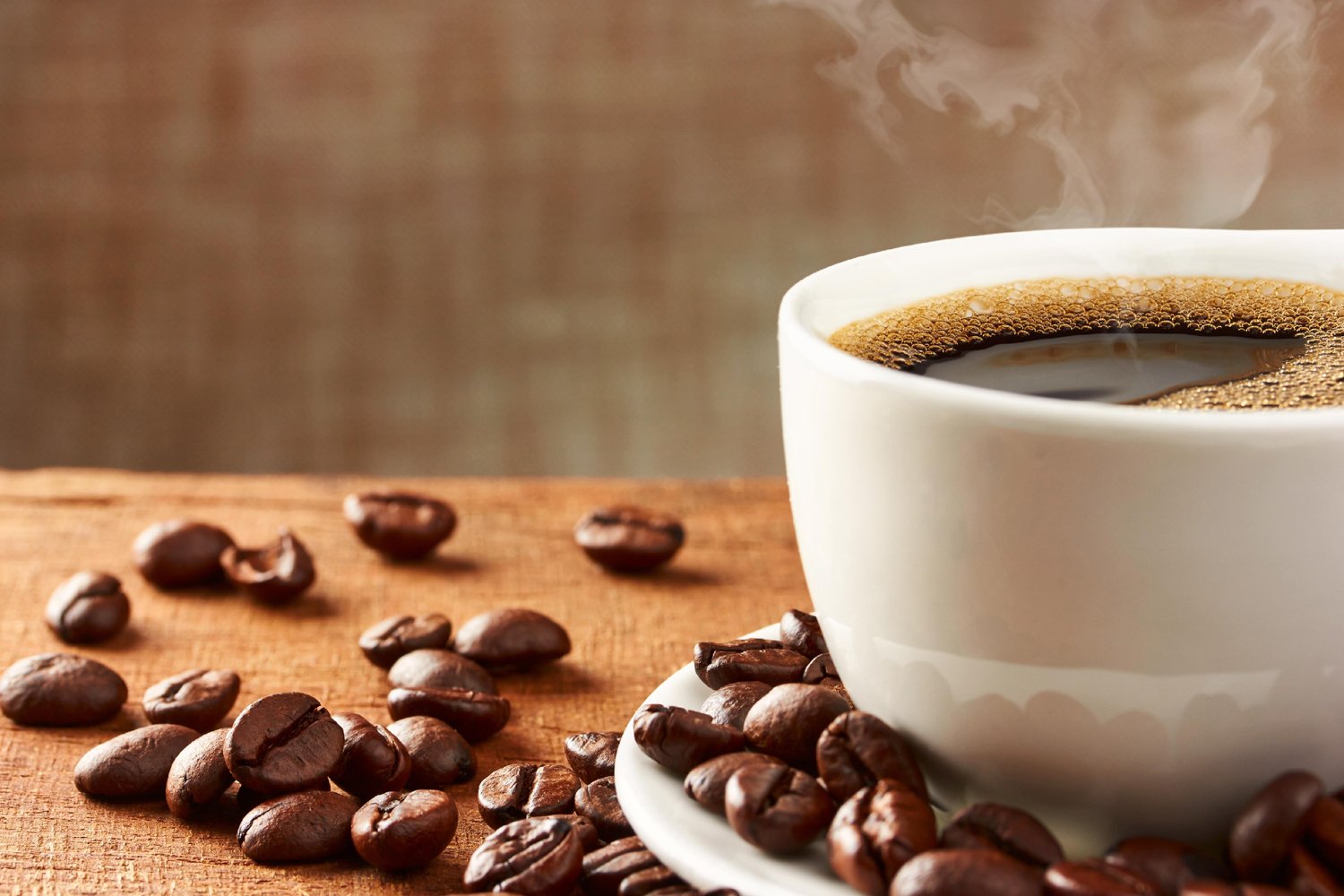
A cup of coffee or an afternoon caffeine is considered fine for most adults. However, parents should take a closer look at caffeine and other ingredients in their child’s desired drink.
Several renowned beverages that kids like to consume as an instant energy boosters have a great amount of caffeine.
Why caffeine is hazardous to your kid’s health?
There is no biological need for caffeine. Caffeine is a stimulant that helps to boost energy and improves brain activity. Its natural sources include Coffee and cacao beans, tea leaves, guarana berries and kola nuts.
A child's growing body and brain are more sensitive to getting stimulated by caffeine.
Adverse effects
Here are a few adverse effects of caffeine:
- Tachycardia (Fast heartbeat)
- Hypertension
- Rapid breathing
- Anxiety
- Nausea
- Diarrhoea
- Sleep loss
Caffeine remains in the body for more than eight hours, depending on a person's metabolism.
How caffeine is affecting your child's growth and development?
Caffeine can interfere with kids' consumption of essential nutrients by minimising appetite for healthy foods.
In addition, it may also cause disruptions in their sleep pattern, which impacts mood, learning, and digestion, and weakens immunity.
Here are a few tips that you must share with your child to avoid caffeine and stay healthy:
Increase water consumption
It's recommended to drink eight glasses of water everyday to stay hydrated and it keeps teeth healthy, too.
Get maximum sleep
Caffeine isn't considered a substitute for lost sleep. It may work as an energy booster, but only sleep can refresh your mind.
Trust your body
Discuss the signals our bodies send after the intake of caffeine and how it affects the rain activity.












